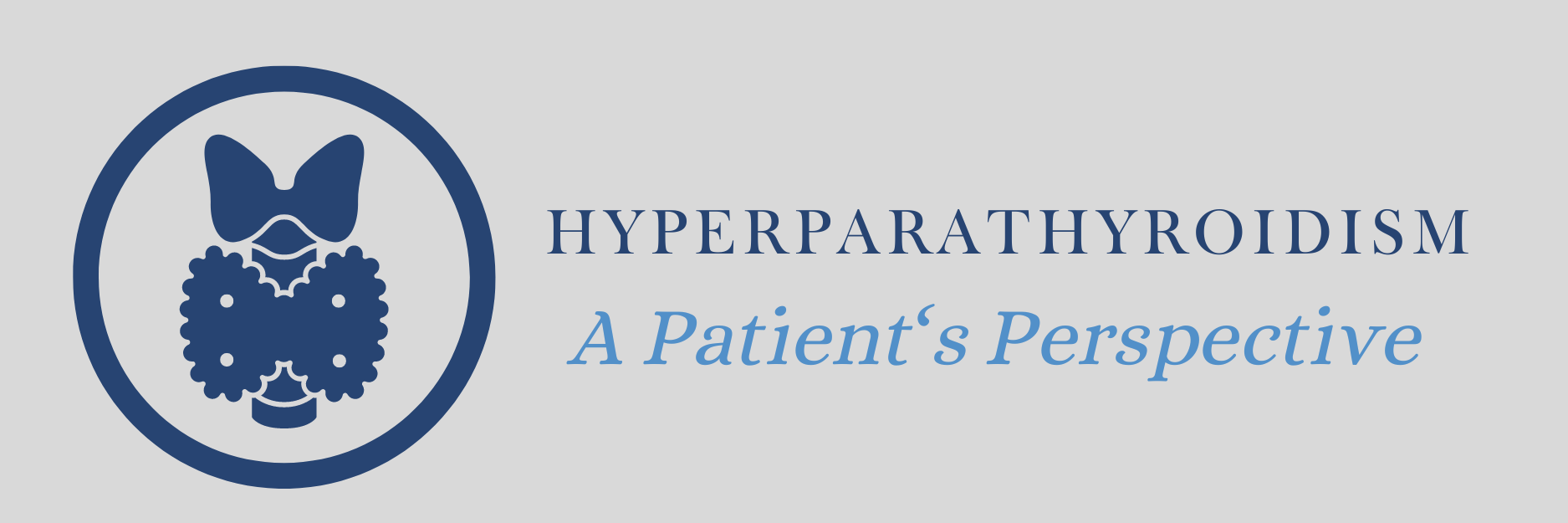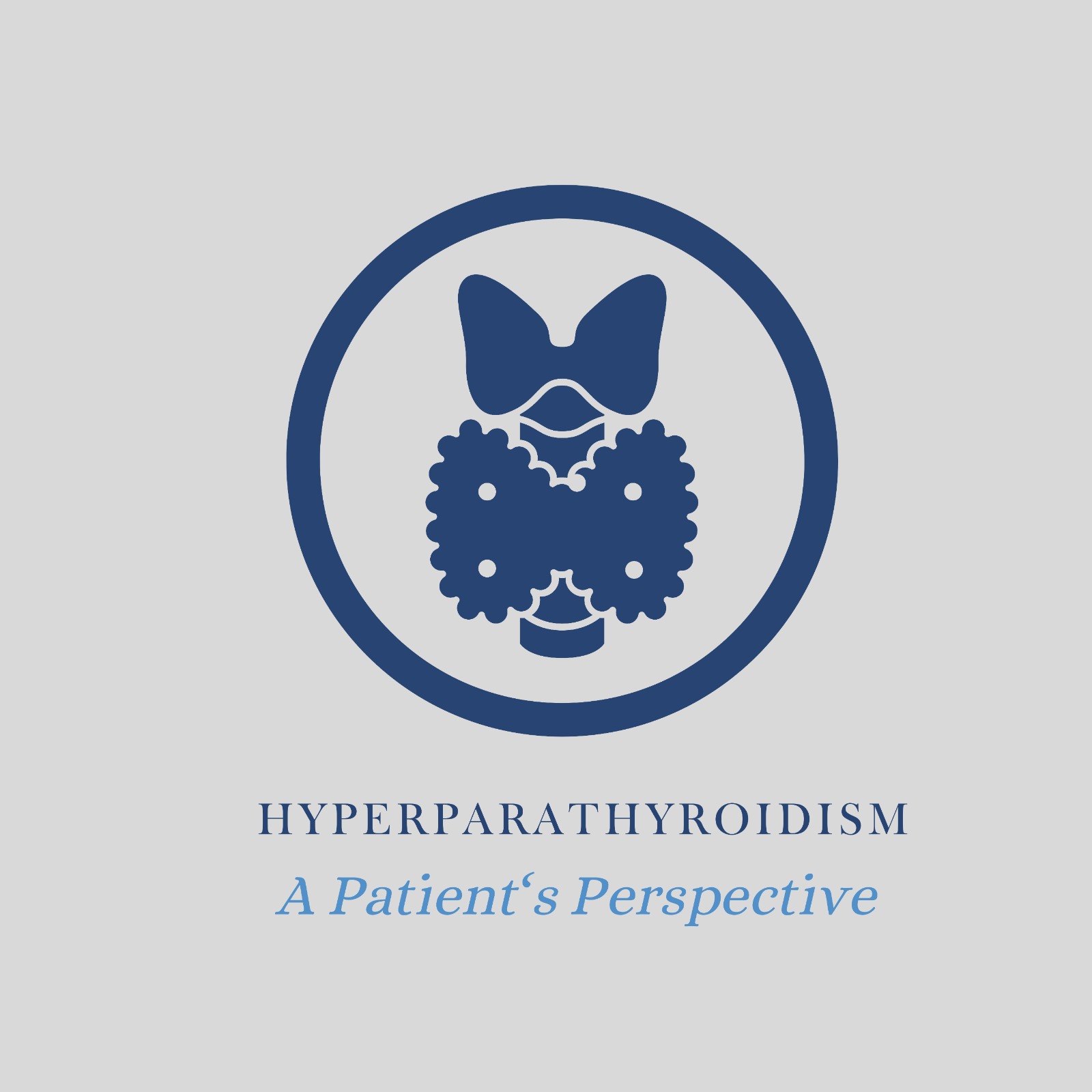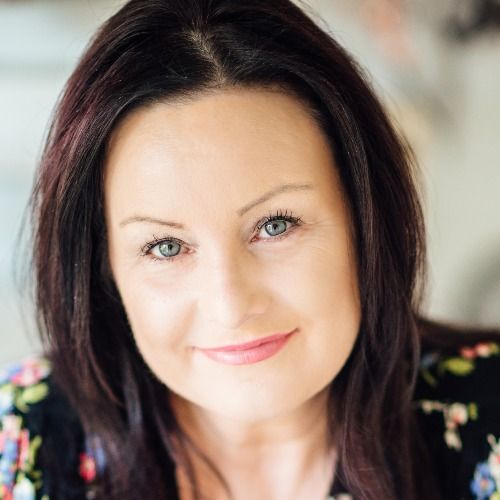Episode 9: Post Surgery Tips and Expectations Relating to Hyperparathyroidism
Lisa Marie discusses post-surgery tips, getting prepared ahead of your surgery, relevant contact numbers for your surgeon or medical specialists and approved medications for use post-surgery. This episode also explores post-surgery expectations, potential recovery times, and the importance of giving yourself time to heal.
RESOURCES
The information shared in this podcast has been provided by several sources. These include outcomes from personal consultations with medical professionals, my own experiences, published research by expert medical professionals, and the NHS website. Please click on the links below for more information.
Hyperparathyroidism
https://www.nhs.uk/conditions/hyperparathyroidism/
Normocalcemic Hyperparathyroidism
https://www.ncbi.nlm.nih.gov/pmc/articles/PMC7923978/
Hyperparathyroidism Support & Information - Patient to Patient Support Group
https://www.facebook.com/groups/406980976340533
NICE Guidelines
https://www.nice.org.uk/guidance/ng132
DISCLAIMER: Lisa Marie is not in any way medically trained, she is not providing medical advice, and the information that is shared is in no way a substitute for qualified medical advice. If you believe you may have this disease, then you must seek the most appropriate medical advice, this podcast aims to help you navigate your way to the right medical support and diagnosis.
Transcript
As with any surgery, post surgery complications might arise. And so it's important that you monitor these, and make the appropriate member of medical staff aware at the earliest possibility. It will be good to make sure ahead of time that you have the contact information for your surgeon, that you have a note of his name or her name.
You have a direct contact number to either the surgeon's office or secretarial team and that you have access to an email or perhaps a portal where you can send messages depending which
[:country you are in.
It's important to be aware of anything post surgery that might be a warning sign. Things like fever, swelling, numbness or tingling, particularly in the hands, feet or face, muscle cramps, muscle spasms, serious pain or seizures, heart palpitations to name but a few.
If you experience any of these or any other concerning symptoms, then it is time to contact your medical team without delay so that they can assess what is causing those symptoms. It could be that Your calcium might have dipped low post surgery, and they just need to increase your calcium medication.
But whatever it is, the medical professional that you are under needs to be notified and alerted, and they need to advise on the next steps. Make sure you've got any medications, any pain medication, that
[:is approved for use, any anti inflammatory medication or any other medications. Make sure you have a list of all the supplements that your medical provider, your surgeon, your doctor, endocrinologist has given you for use post surgery.
Have they put you on calcium tablets? If so, what is the type and what is the dosage? Make sure you're across that and have that ready to hand when you come out of the hospital. Some doctors And surgeons might put you on magnesium or potassium or vitamin D or other supplementation that may be deemed appropriate.
Make sure that you follow your medical practitioner's advice on incision care. This will vary depending on who has performed the surgery and what kind of closure they have done and what type of dressing they're using. You may find a number of things helpful to use in the healing
[:process. And you might need to ask your doctor such things as, Can I use an ice pack on my and a heating pad on my neck and shoulders?
You may want to ask who removes the bandages, Steri strips, , stitches, drains, etc. And when they should be removed. , you need to know when you can bathe or shower. And whether or not you need to cover the incision and prevent it from getting wet. It's also useful to get advice and recommendations on treatment for the scar.
So what creams can you use? What lotions or oils can you use? What creams, lotions and oils can you not use?
And are you supposed to massage these oils into the scar? And if so, when do you start? This is all. Good information to have to hand from your medical practitioner ahead of time so that you know what you need to do and when you need to do it. There's also post
[:surgery expectations.
The common thread that I see time and time again is, is that there is an expectation that you've had the surgery and you're going to immediately feel better.
Well, very often this isn't the case initially. Some patients like myself really do take a long time to recover simply from the anaesthetic. And let's not forget, we've just had surgery.
So it is going to take a long time to heal, for our bodies to heal from the surgery, from our scarring, that we've had in the neck area.
It's going to take time for that to heal. It's going to take time for the recovery from the anaesthetic. And then it's going to take time for the body to recover from the fact that it's had a hyperparathyroidism. So this for some people can be quite an early recovery and for others, it can take much, much longer.
Mine in particular was a good six months before I started
[:to feel any better after my. Second parathyroidectomy, and for other people it can be longer. Again, for some people it can be 12 months and longer so post-surgery expectations are a difficult one because we all expect much more from ourselves than perhaps we should.
So the fundamental thing I feel here to say is that be kind to yourself. Give yourself and your body. And your mind time to heal properly. Listen to what the medical professionals say. Be guided by their advice on when to start things and when not to do things.
And if you are in any doubt of any of your post surgery recovery. Please seek medical advice.
ing the right support group. [:

